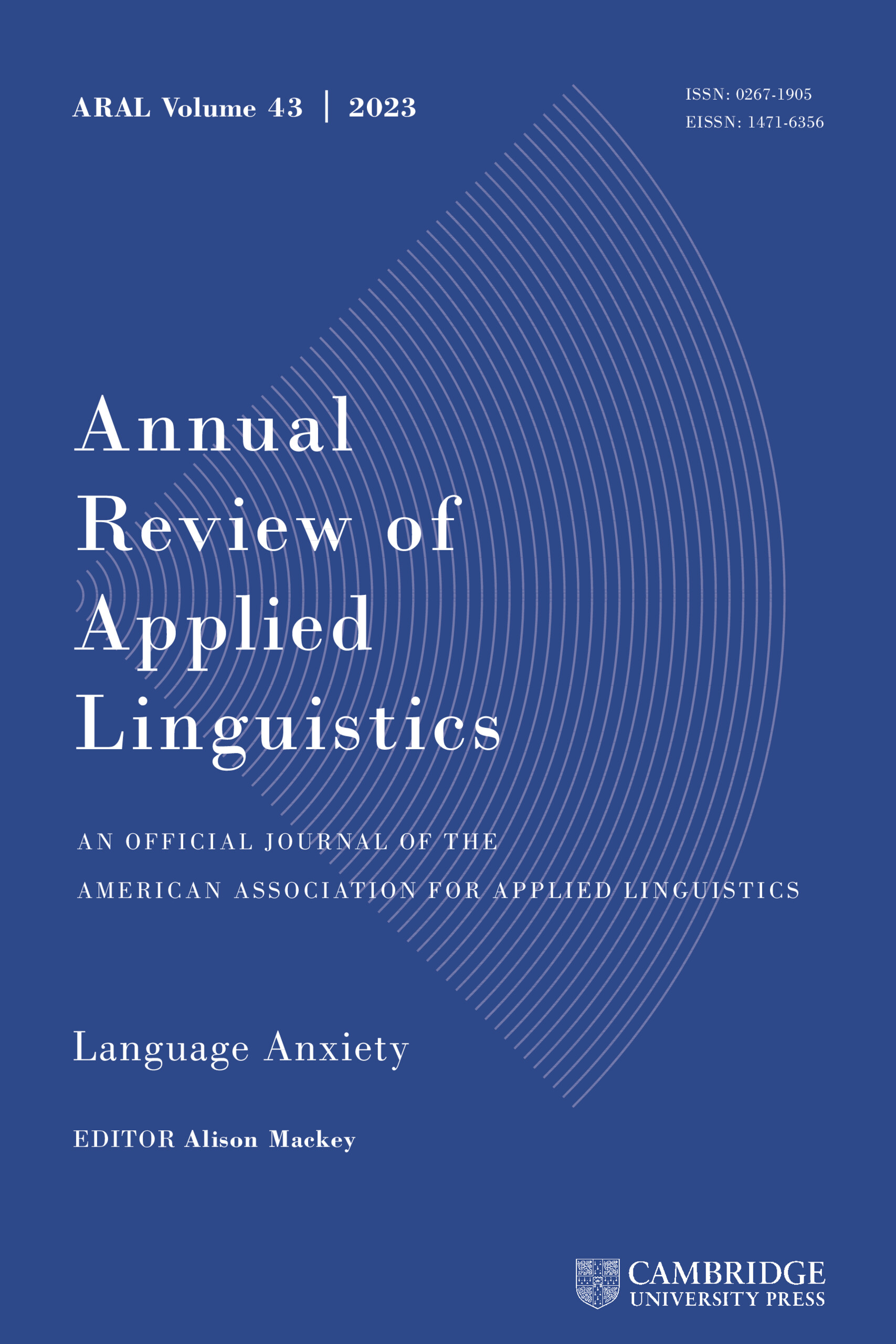Article contents
The Republic of Ghana: an Example of African Multilingualism
Bilingual Communities: Linguistic Minorities And Their Verbal Repertoires
Published online by Cambridge University Press: 19 November 2008
Extract
Throughout the entire recorded history of Africa, from the days of early missionaries until the present, the question of language constantly recurs. This is not surprising in view of the existence of a plethora of indigenous languages which cut across national borders and the added aggravation brought on by the introduction of the widely spoken and prestigious languages of the colonial powers. Finding answers to questions such as the most appropriate language, the medium for training citizens to meet their responsibilities, or the vehicle for conducting business has by no means been an easy task, given this sociolinguistic complexity, coupled with the fragile unification of African states.
- Type
- Research Article
- Information
- Copyright
- Copyright © Cambridge University Press 1985
References
Unannotated Bibliography
- 4
- Cited by




